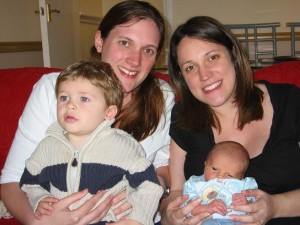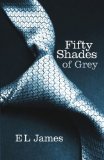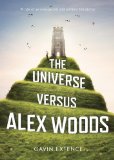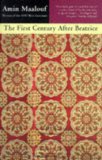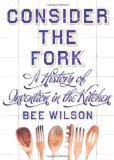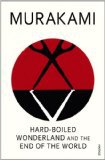 Joint winner of 2012 Green Carnation Prize
Joint winner of 2012 Green Carnation Prize
Five words from the blurb: gay, conscript, army, South Africa, strength
Moffie is a beautifully written book about a gay man in the South African army. The novel focuses on Nicholas, a young man forced to fight in the Angolan Bush War. The shocking homophobia of the army makes life hard as he must hide his true identity from those around him.
Much of the book is based on the author’s own experience and this is obvious from the detail and vivid descriptions of the emotions involved. Unfortunately it also echoed real life in the way the plot developed – there were slow sections and then chapters where everything seemed to happen at the same time. It feels wrong to criticise a book for being too realistic, but I can’t help the fact that some sections in the middle bored me and I longed for the pace to pick up. Luckily things improved towards the end and I was impressed by the book as a whole.
The writing is best described as tender. The juxtaposition of the horrors of war with the gentle beauty of his relationships seemed to make everything more powerful.
He has survived a world I have only heard about, and getting through the army doesn’t scare him. I’m attracted to this confidence.
And so I learn a new love; one I have not yet experienced and one I don’t understand. It is the love of a friend. As we slip deeper into understanding each other, this love grows like ascending stairs; discovering new treads between the risers.
This book does contain some violent scenes, but these are kept to a minimum and the main impact comes from what is left unsaid. Instead the novel focuses on the day-to-day suffering caused by homophobic attitudes within the army and the general population.
It is a deserving winner of the Green Carnation prize and I hope that its win will bring the book to a wider audience.

.


